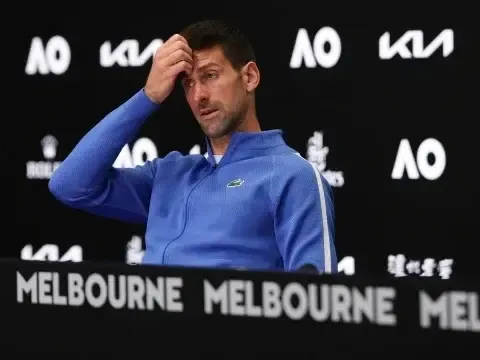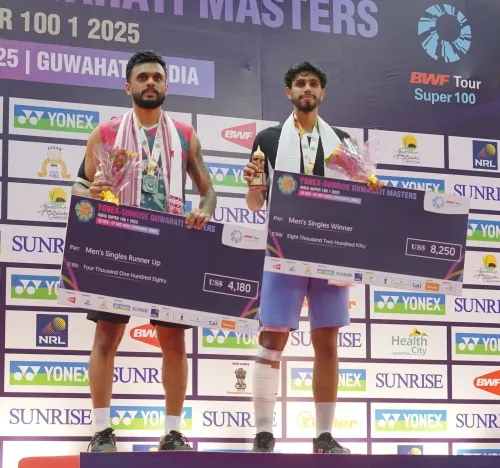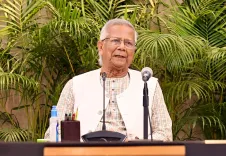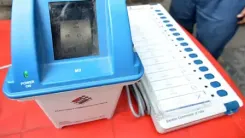Djokovic Asserts Many Players Sense 'Favouritism' in Sinner's Doping Sanction

Synopsis
Key Takeaways
- Majority of players unhappy with Sinner's doping ban handling.
- WADA acknowledges Sinner's unintentional exposure to clostebol.
- Djokovic claims favoritism exists in anti-doping decisions.
- Inconsistencies noted between high-profile cases.
- Call for reform in the anti-doping system.
New Delhi, Feb 18 (NationPress) Serbian tennis icon Novak Djokovic has asserted that a significant number of players are dissatisfied with how the entire process surrounding world No. 1 Jannik Sinner's three-month doping suspension has been managed.
Sinner has come to an agreement with the World Anti-Doping Agency (WADA), resulting in the Italian facing a three-month suspension.
WADA has acknowledged that Sinner did not have the intention to cheat, and that his exposure to clostebol did not confer any performance-enhancing advantage and occurred without his knowledge due to the negligence of his entourage.
Djokovic stated that most players feel Sinner has received “favouritism” with respect to his three-month ban.
“There’s a majority of the players that I’ve spoken to in the locker room, not only recently but over the past few months, who are not pleased with how this whole situation has been handled,” Djokovic was cited as saying by The Guardian.
“A majority of players believe it’s unjust. They feel there’s favouritism at play. It seems that if you are a top player with access to elite legal representation, you can influence the outcome,” he articulated.
The incident involving Sinner was one of two notable cases in tennis that unfolded in quick succession. In November, world No. 2 in women's tennis Iga Swiatek received a one-month suspension following a positive test for trimetazidine, a drug prescribed for angina.
The International Tennis Integrity Agency (ITIA) recognized that the positive test was a result of contamination from a medication Swiatek had utilized for jet lag.
Conversely, former world No. 1 Simona Halep was handed a four-year suspension by the ITIA in 2022 following a positive test, although this sentence was later reduced to nine months.
Djokovic emphasized the “inconsistencies” in the anti-doping framework, labeling it “unjust.”
“Players like Simona Halep and Tara Moore, among others who might not be as well known, have been struggling for years to resolve their cases or have received lengthy bans... there are significant inconsistencies among the cases,” Djokovic remarked.
“Sinner received a three-month suspension due to the mistakes and negligence of his team members on tour. This is something that I and many other players find perplexing.
“It’s an opportune moment for us to genuinely assess the system, as it is clear that the current structure is ineffective for anti-doping. I hope that soon the governing bodies will collaborate to discover a more efficient way to address these matters. It’s inconsistent, and it seems quite unjust,” he concluded.










